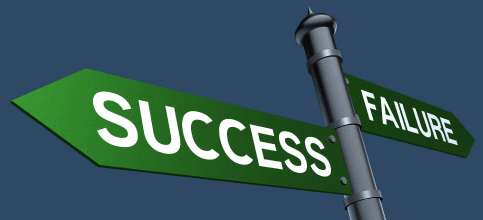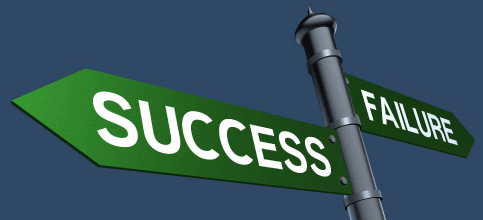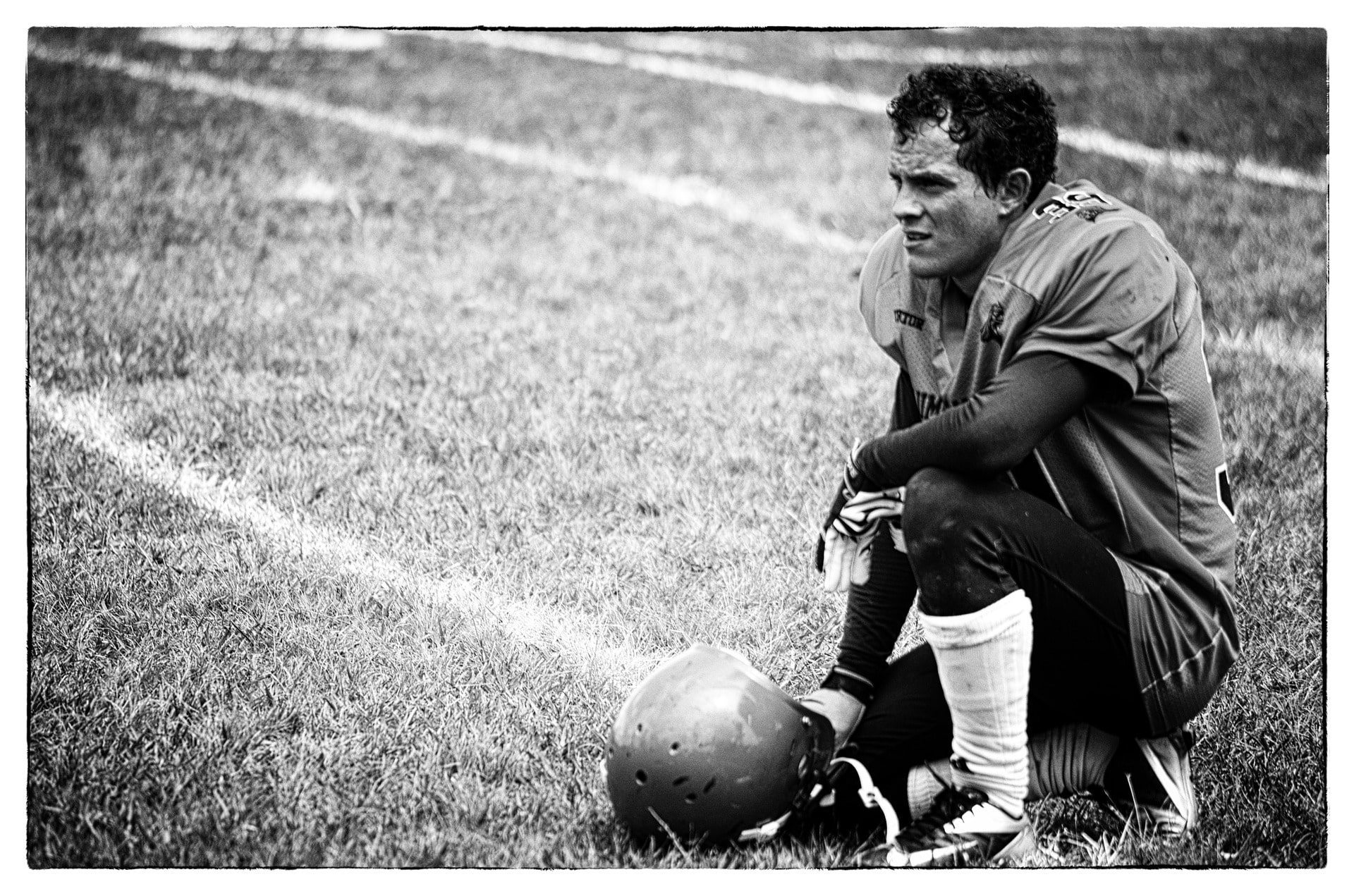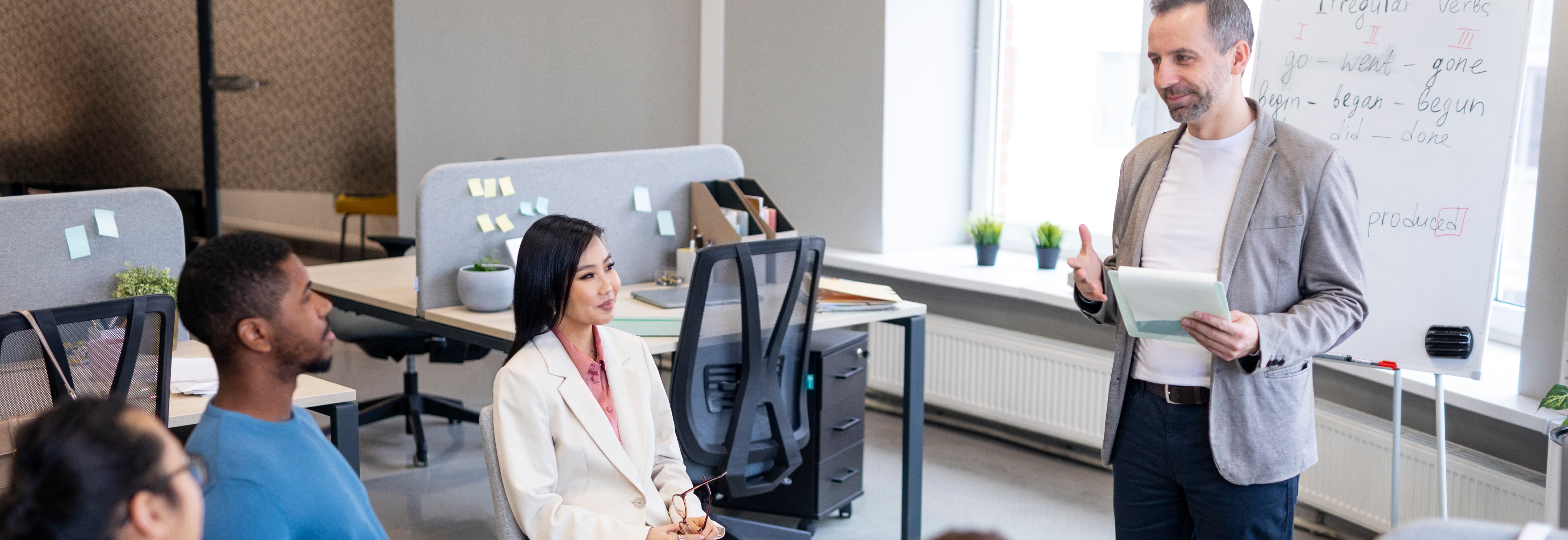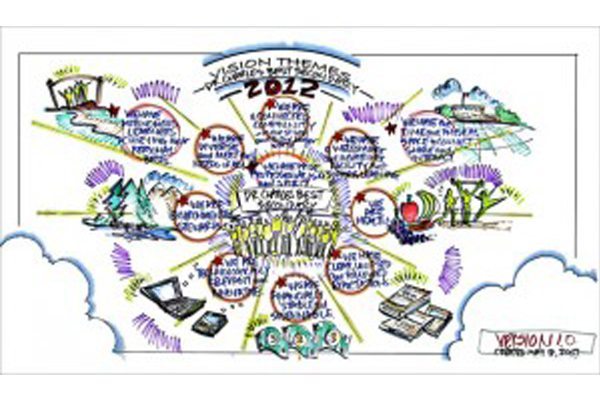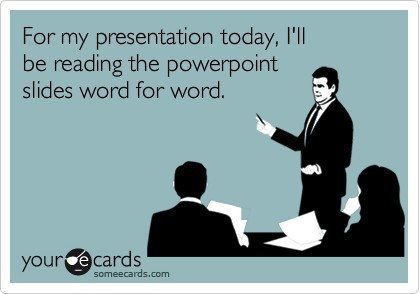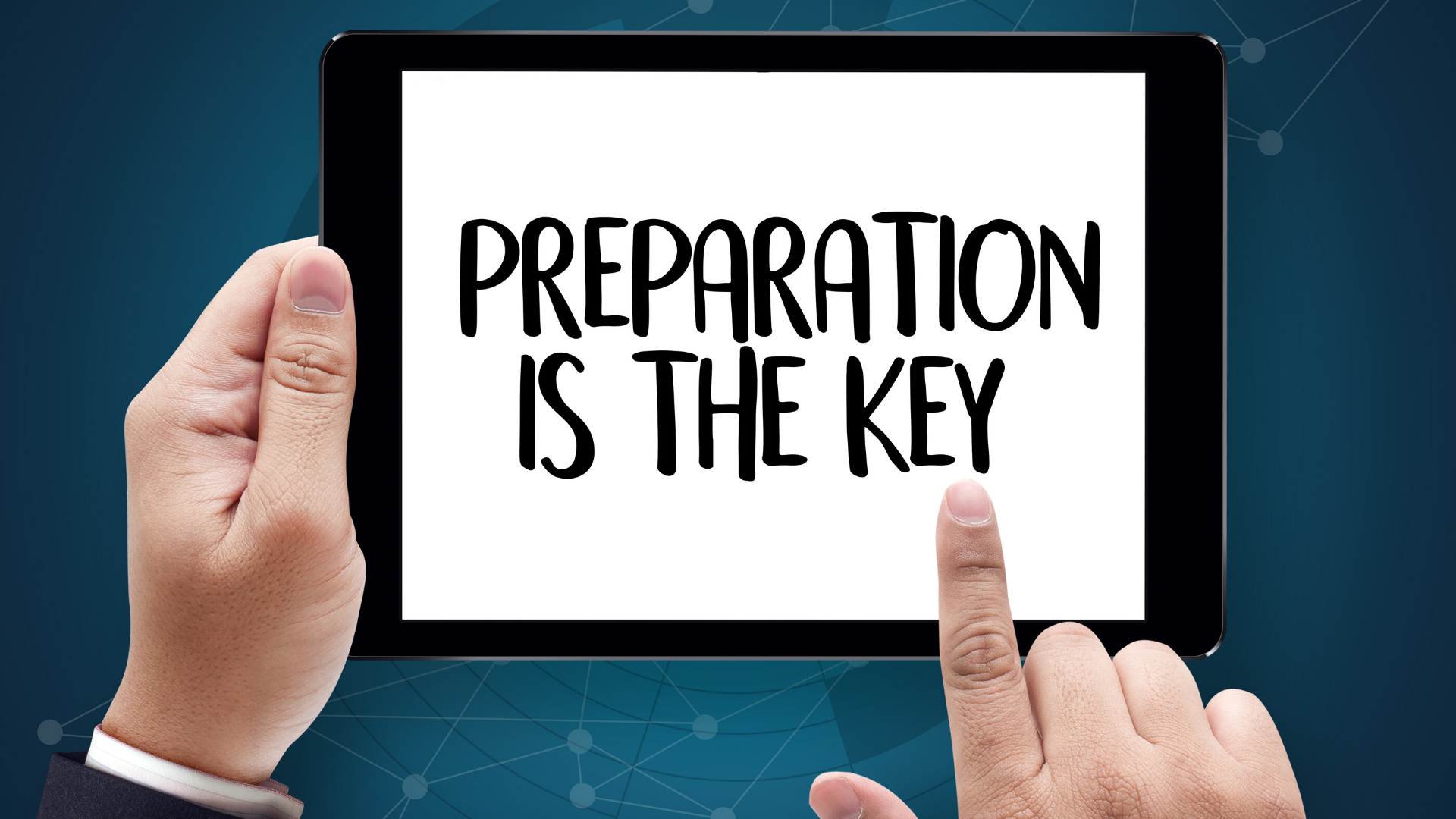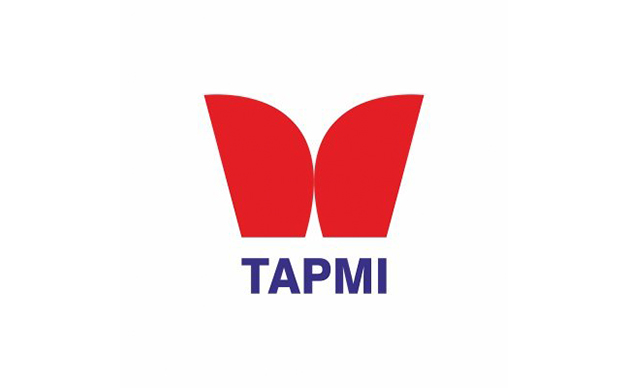Sometime back I was reading an article about guiding principles that are rapidly affecting the future industries. These 3 principles reminded me of the famous lines from The Pursuit of Perfect author Tal Ben-Shahar, who said, “Those who understand that failure is inextricably linked with achievement are the ones who learn, grow, and ultimately do well. Learn to fail, or fail to learn.” Yes, you guessed it correctly! All three principles are based on the most important directive to drive a business or a team – FAILURE. And this is true even for a facilitator who strives to be the best.
Source: Flickr
As renowned basketball player and coach John Wooden put it, “the individual who is mistake-free is also probably sitting around doing nothing. And that’s a very big mistake.” That’s where failing becomes the biggest asset. This one tool (failing) has the power to enhance one’s facilitation career too. Below are 3 principles that can help you in this journey.
Principle No. 1 – Fail Often.
Source: Pexels
What you do offstage defines how you would perform onstage. The role-plays, knowledge sharing sessions, or even practice in front of a mirror – whatever we do offstage, we perform better onstage. This thought is entirely based upon the 10,000 hours concept. If you are waiting for your best stage performance without making the mistakes offstage (or even onstage at times), you will probably be waiting your whole life. Keep making mistakes often, and you will start performing better onstage before you know it.
A few suggestions to help you fail often:
- Scripts: Mug up your script. Create your script if you don’t have one already. Remember, spontaneity is overrated.
- Practice: Be your own audience. Practice in front of a mirror.
- Analyze: Shoot a video of yourself practicing and analyze your mistakes later.
Principle No. 2 – Fail Cheaper.
Source: Flickr
Imagine running a new activity or a flow for a client and failing quite badly at it. It would be a disaster, right? That’s where making our own team the testing ground becomes a winning idea. Even if we fail at something, we still win. This is directly correlated with failing often. Fail often during offstage time and pay in peanuts to get invaluable lessons from your journey.
A few suggestions to help you fail cheaper:
- In-house audience: We all have an in-house audience, be it our office team, family, or friends. Leverage those close to you by running your entire show in front of them.
- New audience: Once you gain enough experience running your session for your close ones, it is time to move on. Now it is time to break out of your comfort zone. Shift your focus to schools and colleges in your city. That is your new audience now. Enjoy your new stage.
Principle No. 3 – Fail Better.
Source: Pixabay
Always remember that facilitation is not a destination but a journey. Think about the mistakes you made in your previous sessions. Each of these mistakes holds so many important lessons for a facilitator. These invaluable lessons have the power to improve your performance tenfold. With the correct focus, you will never repeat the same mistakes. You might still make new mistakes and that is completely acceptable. But what do we do when we fail? That is the backbone of improvisation. Before you start your next project, ask yourself only one question: how can I make it better than my previous workshop, activity, meeting, debrief, keynote speech, blog, or even internal session? You will be surprised by your results.
There is only one suggestion to help you fail better:
- Feedback please – After delivering your workshop, find new ways to genuinely get back to your audience and look for feedback. Don’t spend your time and focus on only the good stuff that people will share. Look for that one comment or bit of criticism that can make you a better facilitator.
Good luck and I hope you all Fail Often, Fail Cheaper, Fail Better!
